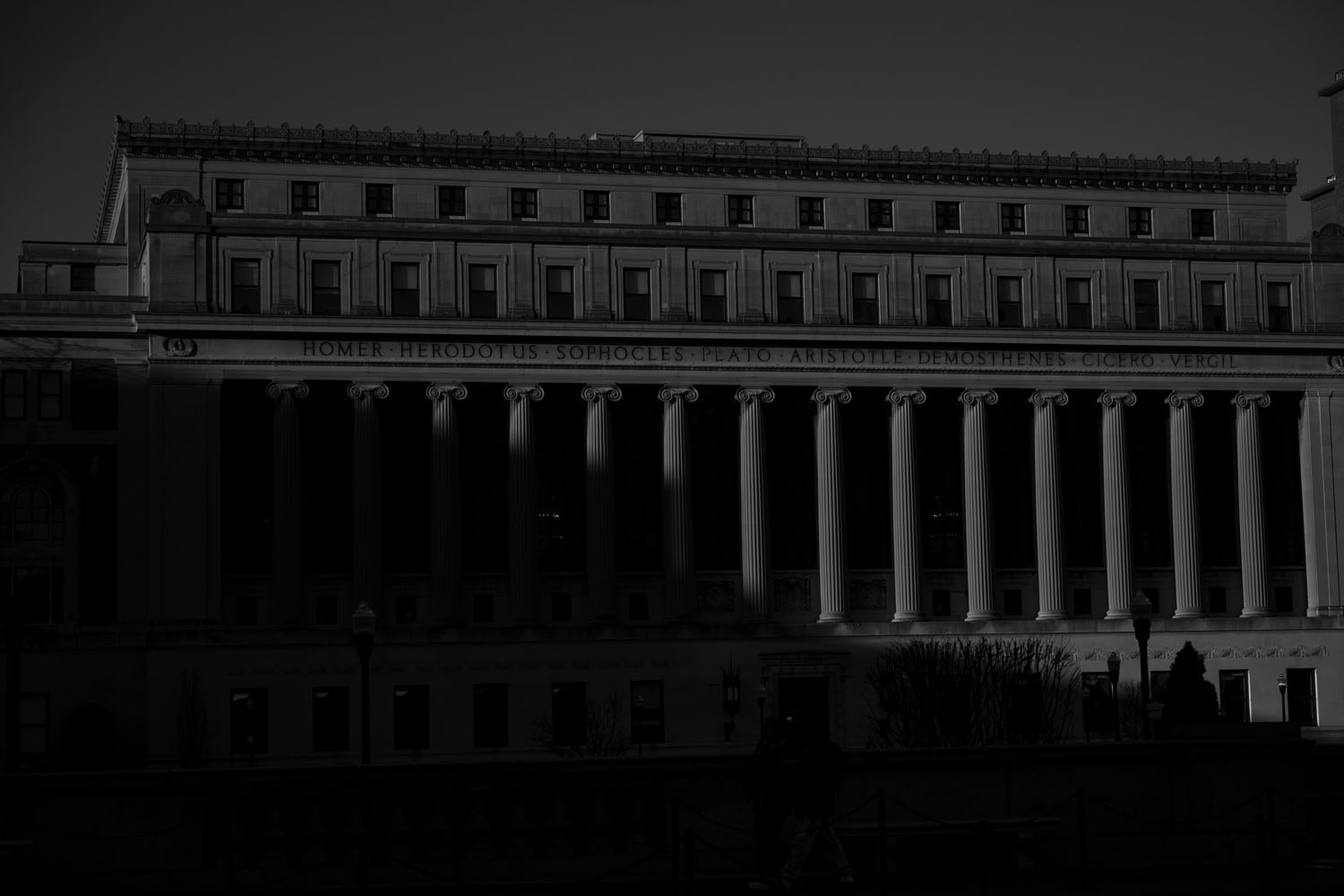July 25, 2025
Looking Back while Moving Forward, 1977–2022
Monroe Gallery of Photography
“A Period In Time”
On View: October 3 – November 16, 2025
''When I first fell in love with photography, I had a deep desire to tell stories that could have an impact on both individuals and the greater good. I wanted to produce stories that would contribute to positive change in the world. But what’s truly captivating about being a visual storyteller is the privilege to learn about the world and observe individuals who are doing inspiring acts or living through traumatic and trying times.''— Ed Kashi
One of the world's most celebrated photojournalists and filmmakers, Ed Kashi has dedicated the past 45 years to documenting the social and geopolitical issues that define our era. His newest book, A Period in Time: Looking Back while Moving Forward: 1977–2022, is a stunning and expansive retrospective of photographs spanning the world and his prolific career. Over 200 images collected in this book reflect his commitment to bear witness. Essays and contextual writings combine with the photographs to provide a personal, in-depth look at significant historical events.
No single book could possibly capture and sum up the entirety of a career as rich in scope and breadth as Kashi's, and that is not what this book sets out to accomplish. Rather, this moving retrospective highlights the essence of Kashi's belief about the unique power of photography to see, record, and share both the overt and the subtle details of the human experience. His work covers dramatic global events, while also accentuating the less visible background moments that often go unnoticed.
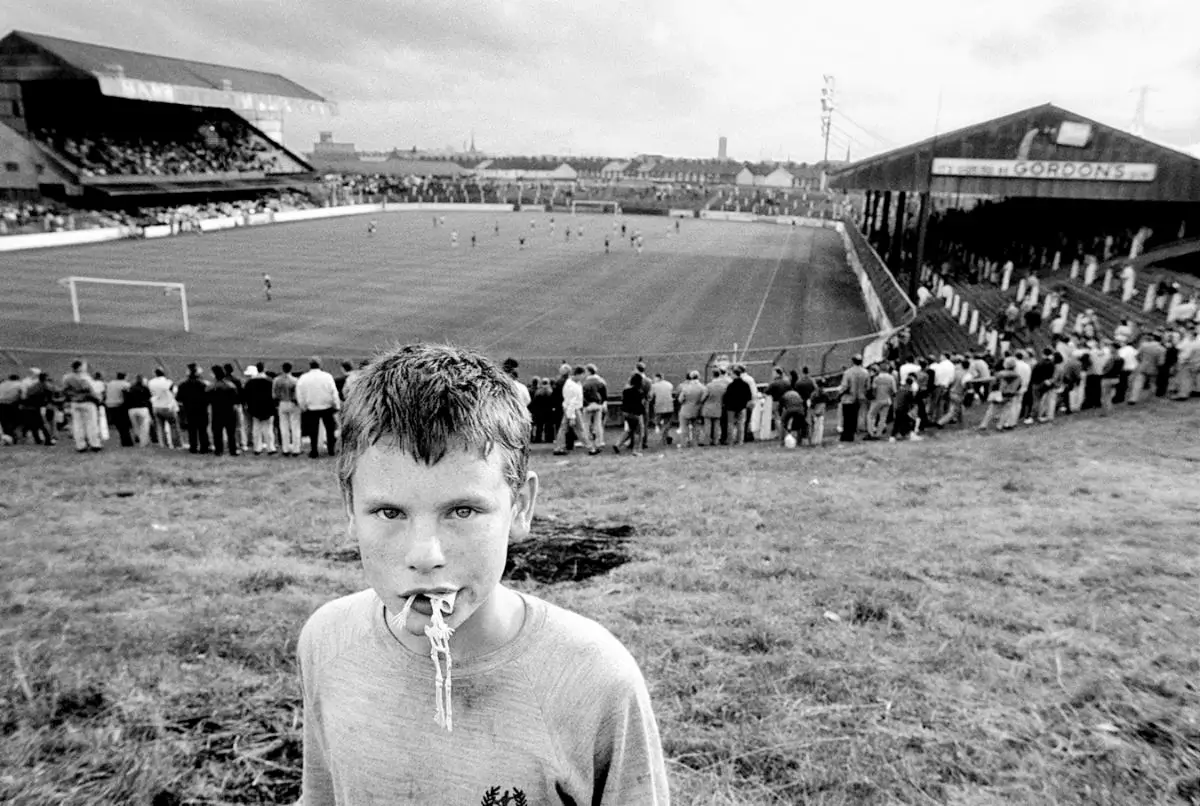
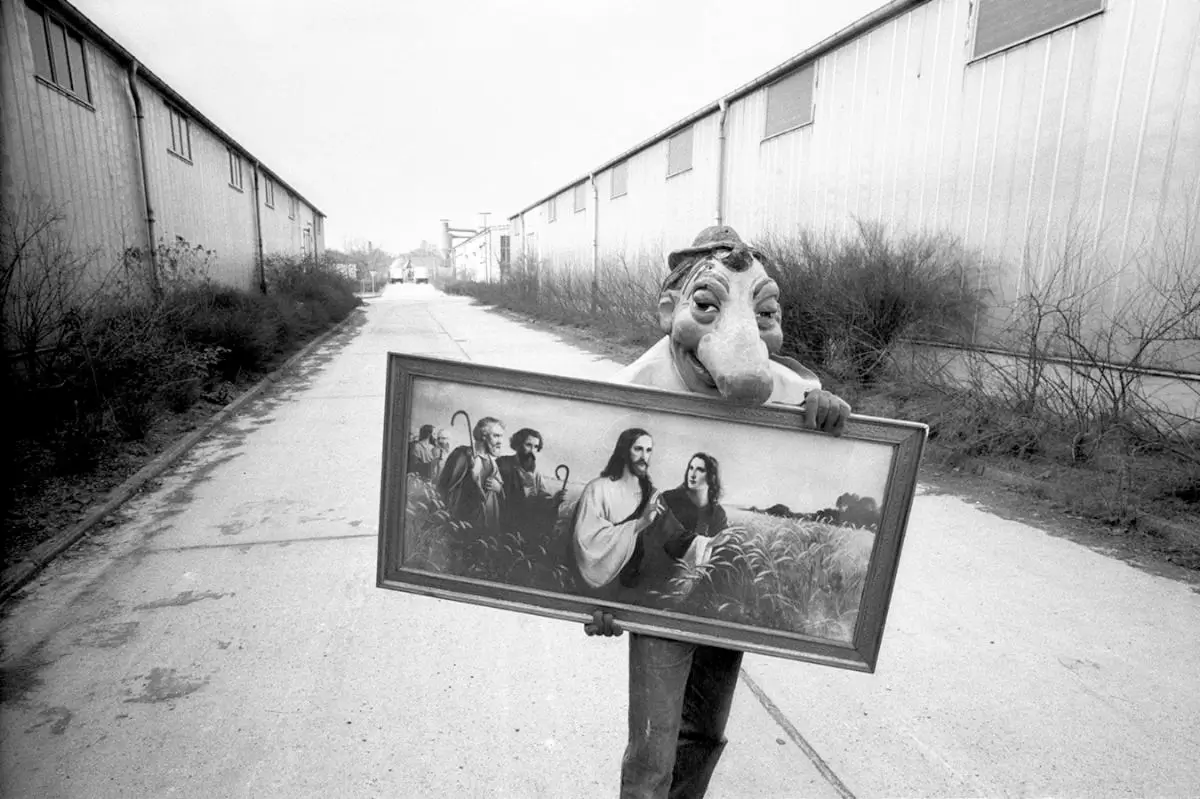
The book includes both color and black and white images and is divided into sections by timeline and project. The book opens in 1977 where Kashi's career in photography began. After almost a decade of magazine assignments, he undertook his first long-term documentary project in 1988 exploring the Protestant community in Northern Ireland. This photographic work would lead to his illustrious tenure with National Geographic.
From 1991-2005 Kashi documented the struggles and perseverance of the Kurdish people, the largest ethnic group in the world without a nation. From the impacts of World War I to the Gulf War to the genocide of Saddam Hussein, Kashi writes, For anyone who encounters the Kurds, it is impossible to remain silent. These photographs are a tribute to the strength and dignity of the Kurdish people.
The book also includes sections with images from Berlin, Ukraine, Cairo, Vietnam, Syria, Lebanon, Pakistan, Iraq, the Niger Delta, India, and Nicaragua, among others. A section on the Middle East spans 1991-2008 and connects to his heritage. His parents were born in Baghdad, Iraq, and immigrated to the United States in 1940. Kashi shares, ''My work and travels in the Middle East finally opened my eyes and heart to my familial origins, not the assimilated reality of a first-generation American.'' Kashi has photographed in 12 of the 22 countries in this region.
Kashi has also worked domestically, notably on an eight-year project with his wife chronicling what it means to age in America. This body of work challenges assumptions, while also looking honestly and compassionately at the inherent hardships of growing old.
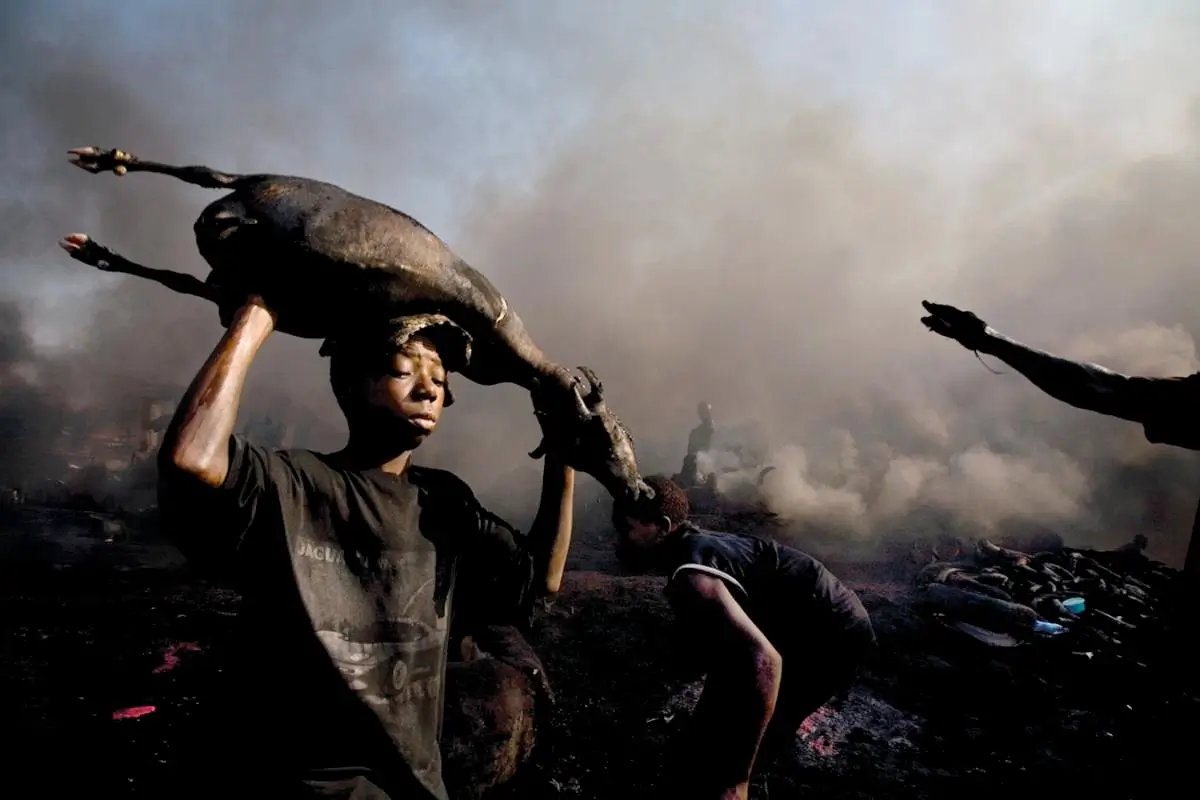
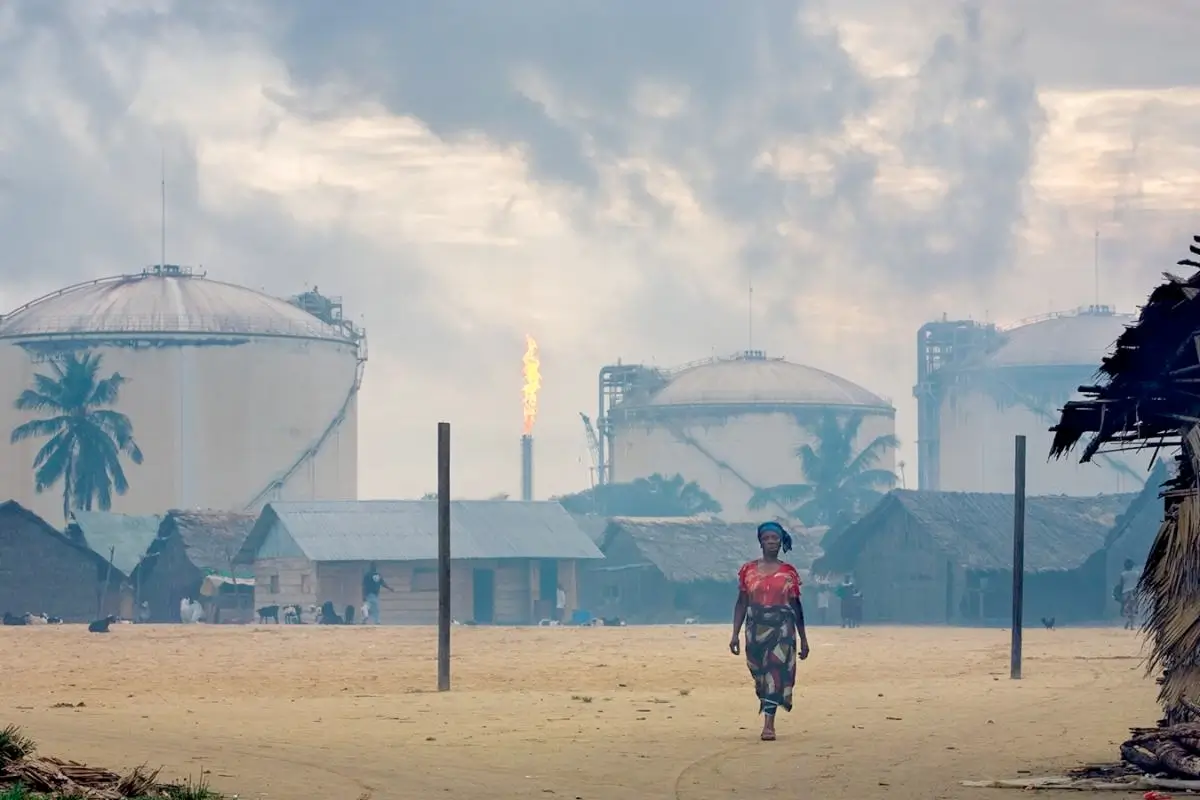
The book is being published by the Briscoe Center for American History at the University of Texas at Austin, also the home of Kashi’s expansive archive. Don Carleton, the center's executive director, wrote the book's Preface, which highlights the importance of such a collection: “An archive of photographic images can have the potential of being not merely a stagnant repository, but a dynamic way for images from the past to bear witness. Such an archive provides us with opportunities to look deeper at the world around us—as it has been, as it is now, and how it might be in the future.
As Carleton notes, the information preserved on film and in the accompanying words and ephemera not only serves as evidence, but also as context for understanding history, people, and events. One of the primary missions of the Briscoe Center is to collect the work of outstanding photojournalists and documentary photographers because their images can be rich sources of visual historical evidence that can be read and interpreted in the same way as textual documents. If critically analyzed and evaluated, that characteristic can allow them to serve as important sources for research and teaching.
This retrospective book is a slice of Kashi's extensive archive, but the thoughtfulness in which the images and writings were compiled, results in a powerful overview. In Kashi’s own words, his archive is a growing, thriving, and continually evolving organism that has become a living library with profound value.Kashi’s work celebrates the strength, courage and resilience in the people he has witnessed. This book also acknowledges the toll this work has taken on him.
The book concludes with a reflective essay entitled 'Home,' where Kashi divulges a sense of isolation that comes from constantly traveling. He describes a life lived in between either home or a far-flung corner of the globe. Home, in the trusted definition of the word, is an anchor, a compass point, and for Kashi, that place is wherever his wife and kids are.
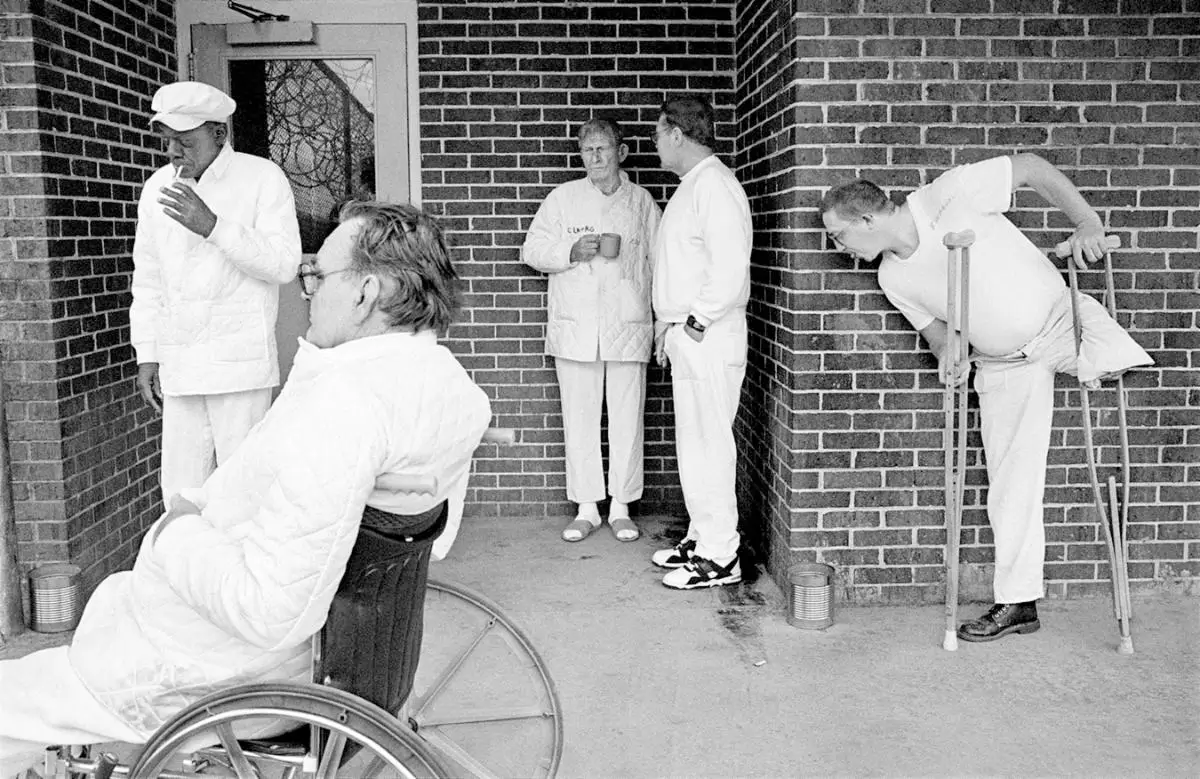
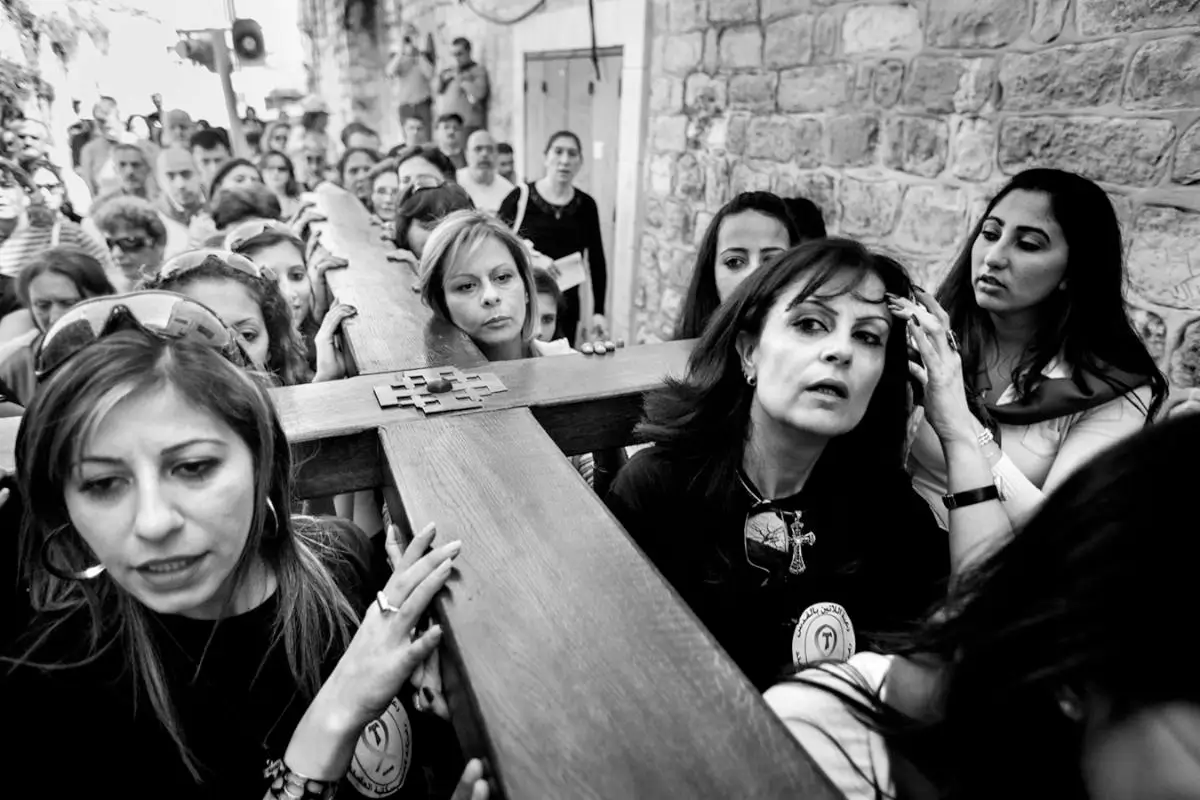
Ed Kashi is a renowned photojournalist, filmmaker, speaker and educator who has been making images and telling stories for over 40 years. His restless creativity has continually placed him at the forefront of new approaches to visual storytelling. Dedicated to documenting the social and political issues that define our times, a sensitive eye and an intimate and compassionate relationship to his subjects are signatures of his intense and unsparing work. As a member of VII Photo, Kashi has been recognized for his complex imagery and its compelling rendering of the human condition. Kashi’s innovative approach to photography and filmmaking has produced a number of influential short films and earned recognition by the POYi Awards as 2015’s Multimedia Photographer of the Year. Kashi’s embrace of technology has led to creative social media projects for clients including National Geographic, The New Yorker, and MSNBC. From implementing a unique approach to photography and filmmaking in his 2006 Iraqi Kurdistan Flipbook, to paradigm shifting coverage of Hurricane Sandy for TIME in 2012, Kashi continues to create compelling imagery and engage with the world in new ways. Along with numerous awards from World Press Photo, POYi, CommArts and American Photography, Kashi’s images have been published and exhibited worldwide. His editorial assignments and personal projects have generated fourteen books. In 2002, Kashi in partnership with his wife, writer + filmmaker Julie Winokur, founded Talking Eyes Media. The non-profit company has produced numerous award-winning short films, exhibits, books, and multimedia pieces that explore significant social issues. Kashi is represented by Monroe Gallery, located in Santa Fe, New Mexico.
All about Ed Kashi
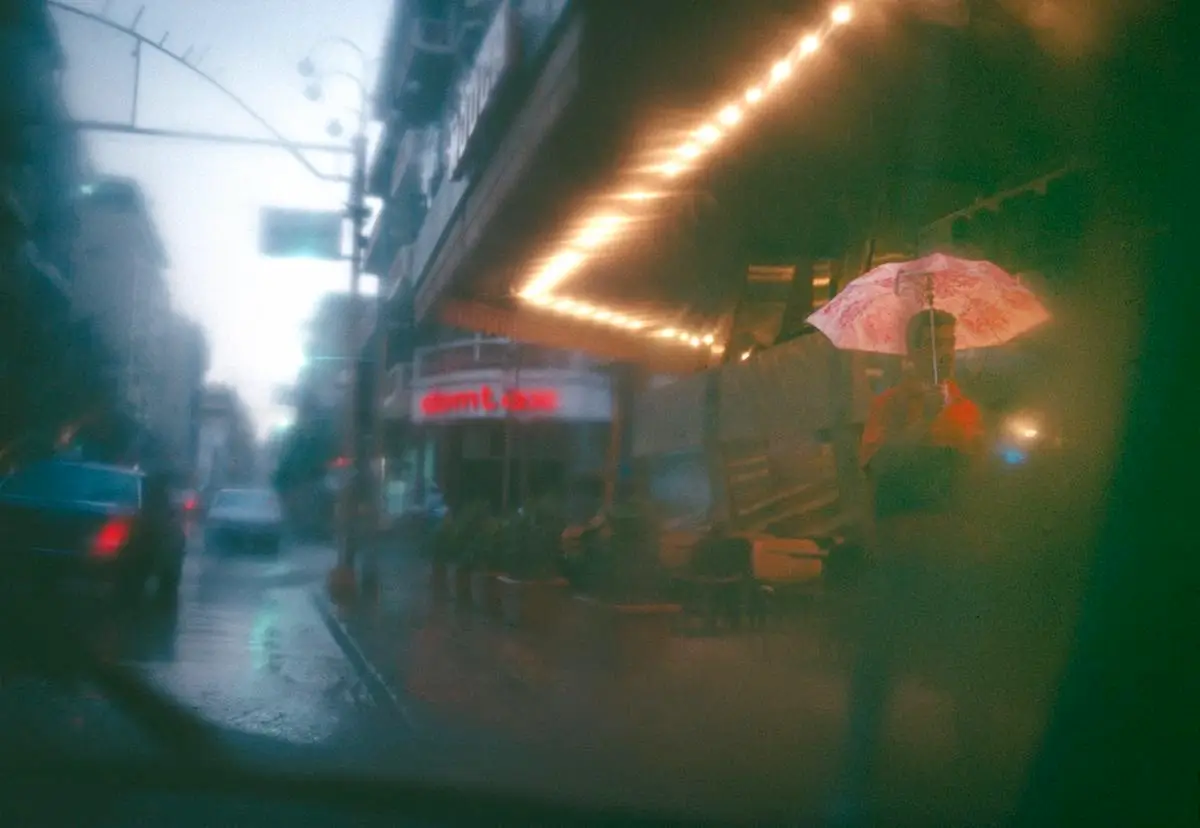
About the Contributor:
Dr. Don Carleton is the founding executive director of the Dolph Briscoe Center for American History and the J. R. Parten Chair in the Archives of American History at The University of Texas at Austin. A specialist in American political and news media history, he is the author of 14 books, including Red Scare; Conversations with Cronkite; Struggle for Justice: Four Decades of Civil Rights Photography; and The Governor and the Colonel: A Dual Biography of William P. Hobby and Oveta Culp Hobby. He is also the executive producer of two PBS documentaries: When I Rise (2010) and Cactus Jack: Lone Star on Capitol Hill (2016). Prior to the creation of the Briscoe Center, he served as founding director of the Houston Metropolitan Research Center (HMRC), an urban history archive. A native of Dallas, Texas, Carleton earned his doctorate in United States at the University of Houston. don-carleton
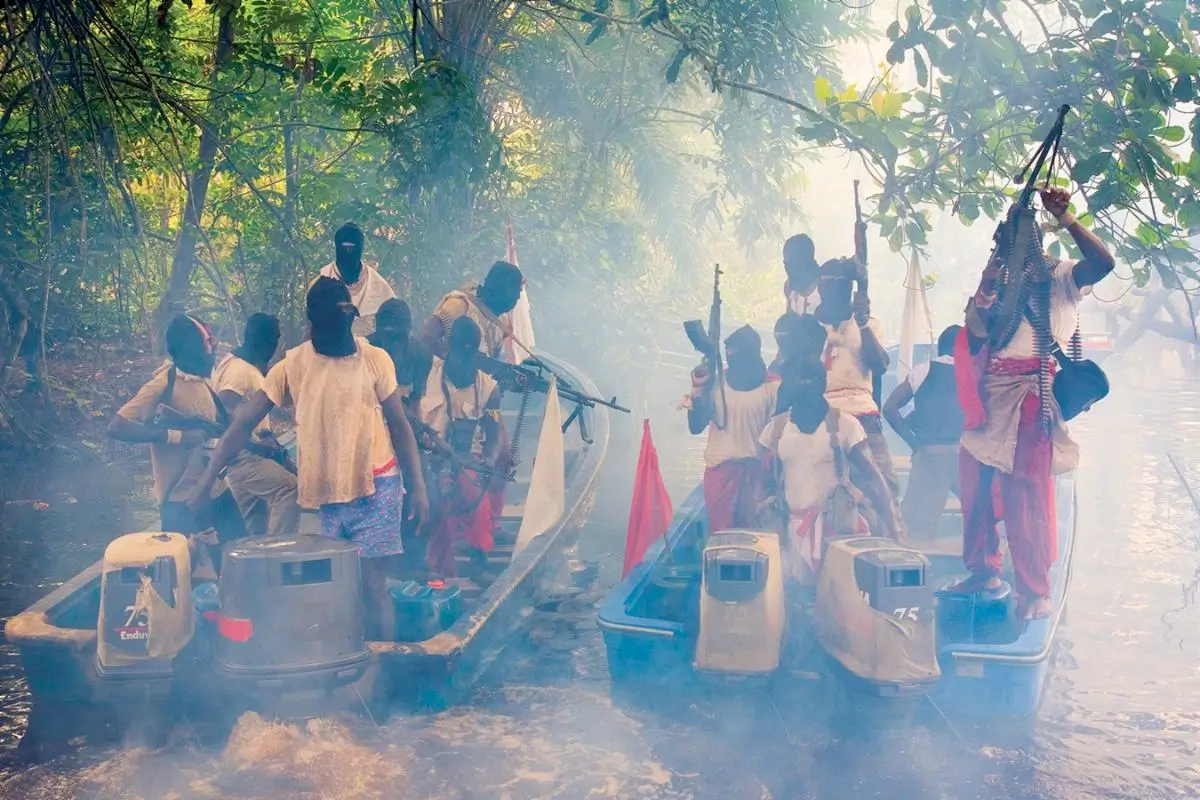
About the Publisher:
As one of the leading history research centers in the nation, the Briscoe Center for American History collects, preserves, and makes available archival evidence that encompasses key themes in US history. The center fosters public exploration of history through research services, exhibits, books, public programs and digital humanities projects inspired by archival holdings. From its inception, the center has collected photography that provides evidence of the people, places, and events of American history. Recognizing the importance of photography for historical research and interpretation, in the early 1990s the center began extensive efforts to collect the archives of major American photojournalists. Those efforts soon expanded to include documentary and commercial photography, resulting in a collection that now contains more than 10 million images and spans from 1849 to the present. briscoecenter.org
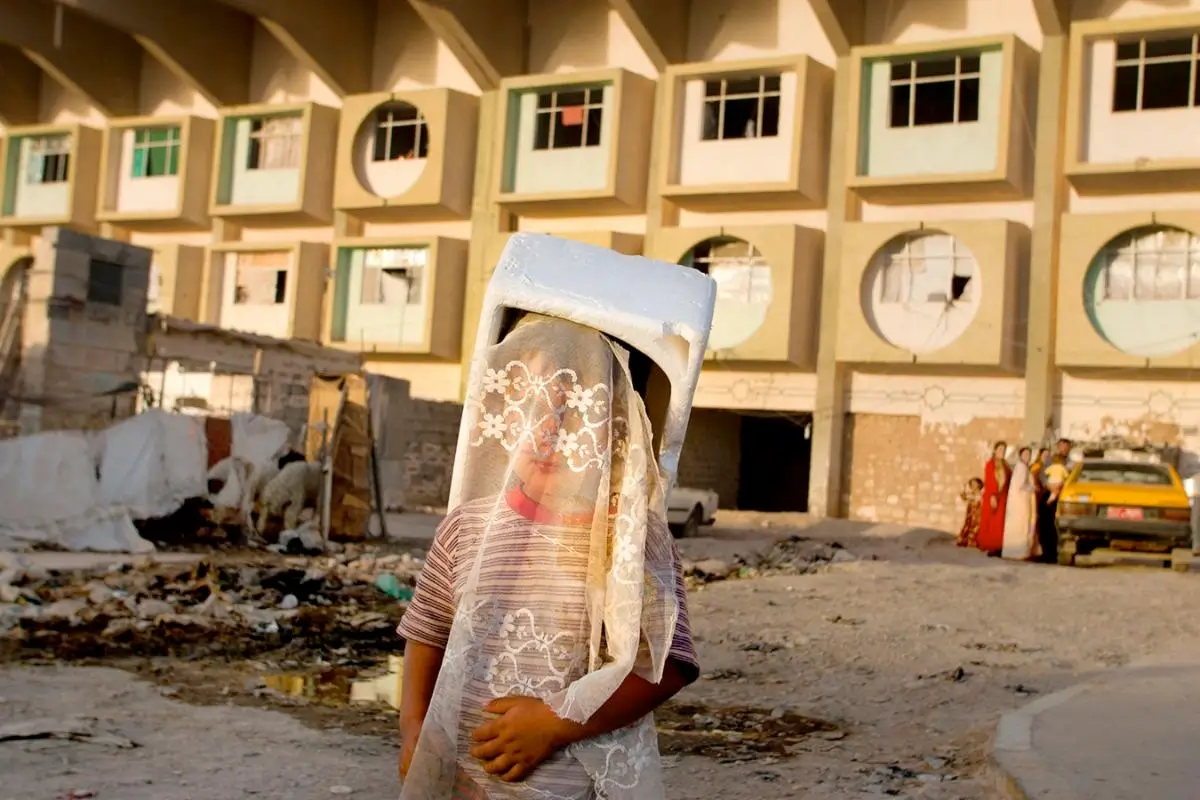
The University of Texas Press is a book and journal publisher—a focal point where the life experiences, insights, and specialized knowledge of writers converge to be disseminated in both print and digital formats. Established in 1950, UT Press has published more than 4,000 books over seven decades.
utpress.utexas.edu
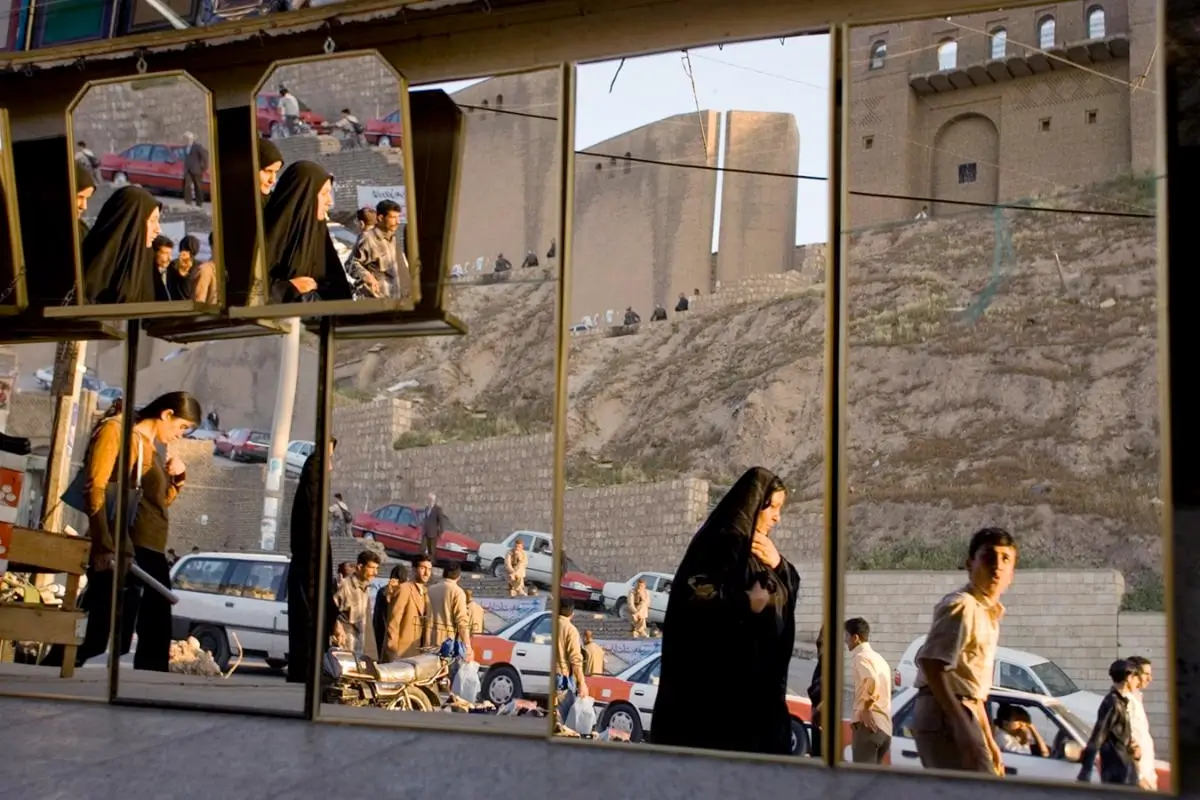
Monroe Gallery of Photography
“A Period In Time”
On View: October 3 – November 16, 2025
Opening with Ed Kashi: October 3, 5-7pm
Ed Kashi in conversation with Don Carleton at 5:30pm
More Information about the Exhibition

